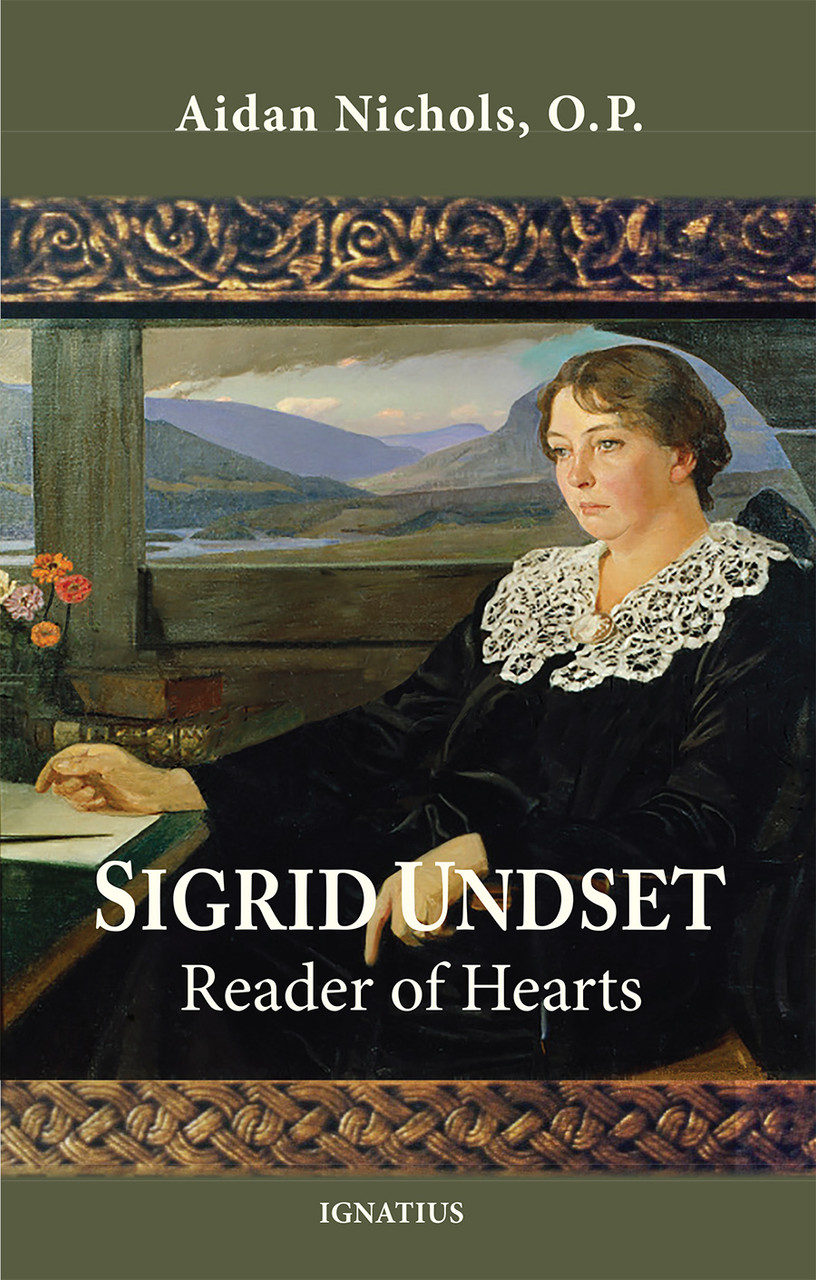

But it is clear from "Progress, Race, Religion", one of the best examples of her polemical writing, that she sees godlessness as the fundamental threat.Īlso like Maritain, she bore something of modernity within herself and her work. Both "Catholic Propaganda" and the "Reply to Archbishop Soderblom" reveal the degree to which Undset thought Protestantism too cozy with the modern age. Maritain's foes were atheists, socialists, and avant-garde intellectuals of all stripes Undset fought them as well, but as filtered through a Protestant sensibility. Like Maritain, whom she studied and admired, she became a Catholic by choice in a society hostile to the authority of the Roman Magisterium. Sigrid Undset (1882-1949) was born at the dawning of modernity, the same year as Jacques Maritain, James Joyce, Virginia Woolf, and Igor Stravinsky.

Without taking anything away from the earlier work, many Undset commentators, including Paul Evans in his essay on Hestviken, agree with the author's assessment. In fact, Undset lamented the popularity of Kristin and worried that it eclipsed appreciation of a work she thought superior the medieval tetralogy The Master of Hestviken. The same spiritual intelligence that gives the trilogy a potency to convert the lives of its readers is found throughout her other writings.

Those who take the trouble to peruse her other works the novels, memoirs, children's books, apologetics, literary essays, hagiography will find that the mastery of Kristin Lavransdatter was not an accidental outpouring of an obscure Norwegian writer. English versions of previously untranslated material provide an opportunity to sample portions of that legacy formerly available only to those who read Norwegian. Some of these essays ponder the enduring power of Kristin Lavransdatter, and others explore the larger context of Undset's spiritual legacy, a prophetic authorship begging for rediscovery. This volume attempts to remedy both situations. This may account for the fact that relatively few critics have attempted to account for the impact of the trilogy itself. Unfortunately, Undset's reputation remains confined to a single work. Her medieval trilogy Kristin Lavransdatter bears a name more recognized than its author, and it stands alongside The Power and the Glory, Brideshead Revisited, The Diary of a Country Priest, The Viper's Tangle, and Wise Blood as one of the great Catholic novels in this century.

Among Catholic writers there are more familiar names Graham Greene, Evelyn Waugh, Georges Bernanos, Francois Mauriac, Flannery O'Connor but Sigrid Undset belongs among them.


 0 kommentar(er)
0 kommentar(er)
